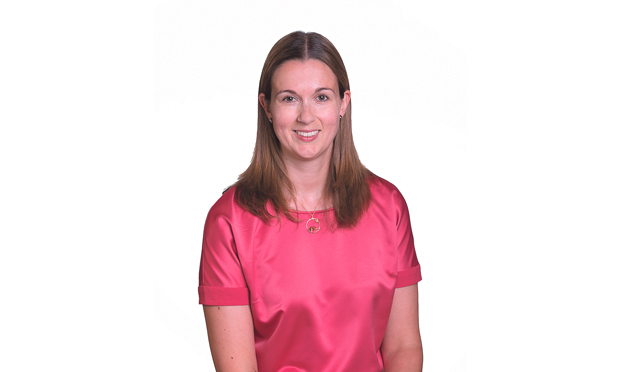“We aim to eradicate rough sleeping in just three years”

Cllr Rebecca Rennison
A big fat zero. That’s the number of rough sleepers Hackney Council wants to see on the borough’s streets by 2020, its new official strategy for tackling this most visible form of homelessness declares.
The document, which details how the number of rough sleepers locally nearly doubled between 2014 and 2015, sets the ambitious goal of eradicating, in the space of just three years, a problem that has probably existed since the dawn of cities.
It represents a repudiation of the shortlived bid to ban, by way of a Public Space Protection Order, kipping on the streets.
Instead of enforcement, let alone anti-homeless spikes (boo!), there will be new efforts to build relationships with longterm rough sleepers and address problems in their lives which have led to them ending up in such dire straits.
That is the message from Councillor Rebecca Rennison, Mayor Philip Glanville’s adviser on preventing homelessness.
Of the council’s outreach work, she says: “It’s gentle. It’s an offer of support. It’s knowing the person and knowing they’re there, and then continuously going back and checking in on them. It’s a very gradual process.”
But if it’s all so softly softly, why impose such a hard and fast target with a deadline that will expire so soon?
“In part because it’s important to have that, not just that ambition for the sake of it, but that goal, so that even if what you’re doing now is good, you should be aiming to do better,” Cllr Rennison explains. “Yes, it’s long and complicated, but the last thing we want to do is, if there are individuals who, given a first offer of support, don’t want to engage, the last thing we want to do is to say: ‘Well, we tried – but actually we can’t help’.
“Even if initially they don’t want to engage with services, we have a duty to try and explore what it is that would get them to engage, address health needs and so on.”
She is talking, in the main, about those who have fallen into habitually sleeping rough night after night. These are probably the most challenging category of individuals who sleep on our streets, and they are living on the edge. The average life expectancy for someone living in this way is just 47.
“Many of them have been accessing services, and then, for whatever reason, that has broken down and they’ve left services again,” says Cllr Rennison. “There are multiple challenges in supporting and working with that group. I think if we are going to achieve the target of getting rough sleeping down to zero, or as close as is statistically possible to it, it’s how we work with that group where we will really have to focus our efforts.”
Numbers game
The number of rough sleepers locally is measured by way of data from an annual census-type survey in which council workers literally go round the borough counting people bedding down in squares, churchyards, parks and the like on a single night in November.
These stats are then combined with information for the year as a whole gathered from a variety of sources. Cllr Rennison says this gives a “fairly reliable indicator” of the numbers.
As of 2015 there were said to be a total of 20 rough sleepers in Hackney on any given night. This is less than the figure in many London boroughs. According to the council, UK nationals made up the largest group (53 per cent), with eastern and central European nationals the next largest (20 per cent).
This, too, is below the Londonwide average of 57 per cent, but the council’s strategy acknowledges migration from central and eastern Europe has helped drive the rise in rough sleepers.
‘Basic duty’
Could exiting the European Union lead to a reduction, therefore? Cllr Rennison is unsure.
“At this stage, it’s just too early to say,” she says. “We don’t know anything yet about what leaving the EU might look like, what it might mean in terms of movement of people. As soon as we start getting those indications through from the government we will have to start to plan, because it might potentially be that we aren’t seeing some groups present to council services anymore and that the pressure might be lessened in some areas. But I think there are other areas where we can expect, certainly in the short term, pressures as we leave the EU.”
Like several other local authorities, Hackney Council offers voluntary repatriation for EU nationals who have wound up sleeping on the streets of London.
Asked whether people without links to Hackney, let alone the UK, should be the responsibility of the council, she states: “I think there is a basic duty to a fellow human beings in a very difficult, very vulnerable position to ensure you do support them and do work with them.”
And on the question of that “zero” goal, she again insists: “It’s certainly not a box ticking exercise. It’s a genuine commitment to eradicating and doing all we can to eradicate rough sleeping in Hackney.”
